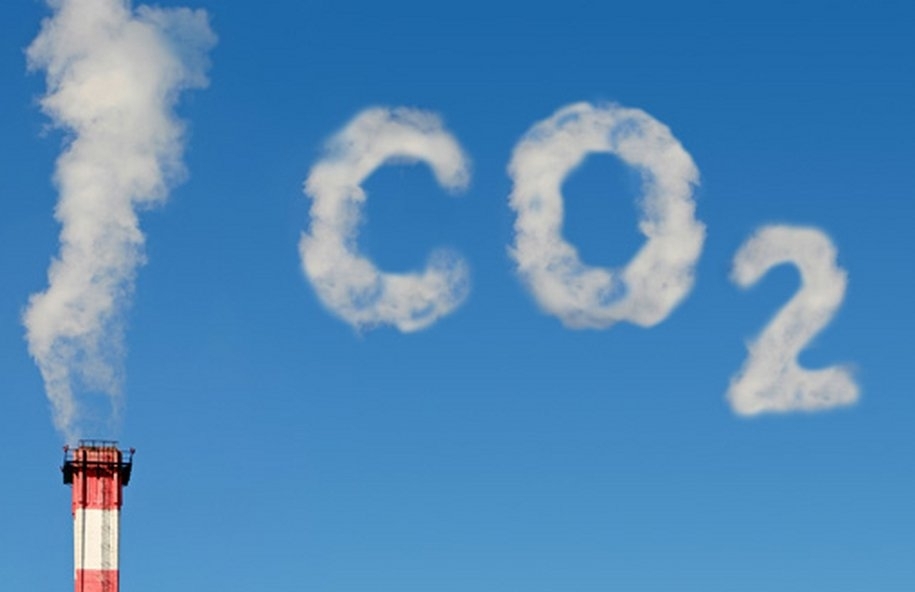The “carbon border” set to become fully operational in 2026
The draft CBAM regulation envisages a special legal regime for countries – signatory parties to EU association agreements
The Carbon Border Adjustment Mechanism (CBAM) will become fully operational in 2026, with the transitional period commencing in 2023, a commentary by DiXi Group Junior Analyst Aliona Korohod says.
“The implementation of the Carbon Border Adjustment Mechanism (CBAM) will involve additional taxation of goods imported to the EU from manufacturer countries with less strict policies on emissions. During the three-year transitional period starting from 2023, CBAM will be applied to the imports of steel, aluminum, cement and electricity, and beginning from 2026 it is expected to become fully effective for the entire applicable nomenclature of goods and commodities,” Aliona Korohod points out.
Government representatives held active talks to make sure that СВАМ envisages a special legal regime for Ukraine. However, Aliona Korohod says, it’s too soon to expect tangible results.
“The draft of the CBAM regulation, particularly paragraphs 47 to 50 of the preamble, mention a special legal regime for countries – signatory parties to EU association agreements, including the deep and comprehensive free trade areas favoring decarbonization processes. However, it is worth noting that this regulation also stresses upon technical solutions for application of CBAM to market coupling with the EU only in the electricity sector. If no technical solution could be found, third countries could be eligible for a temporary CBAM relief, until 2030 at the latest, solely with regard to electricity exports and upon fulfilment of certain conditions. In particular, they would be required to develop a “roadmap” and undertake the commitment to implement a carbon pricing mechanism with the value equivalent to the EU Emissions Trading System, and to reach carbon neutrality by 2050 to achieve harmonization with the EU legislation on the environment, climate, competition and energy,” the expert explained.









